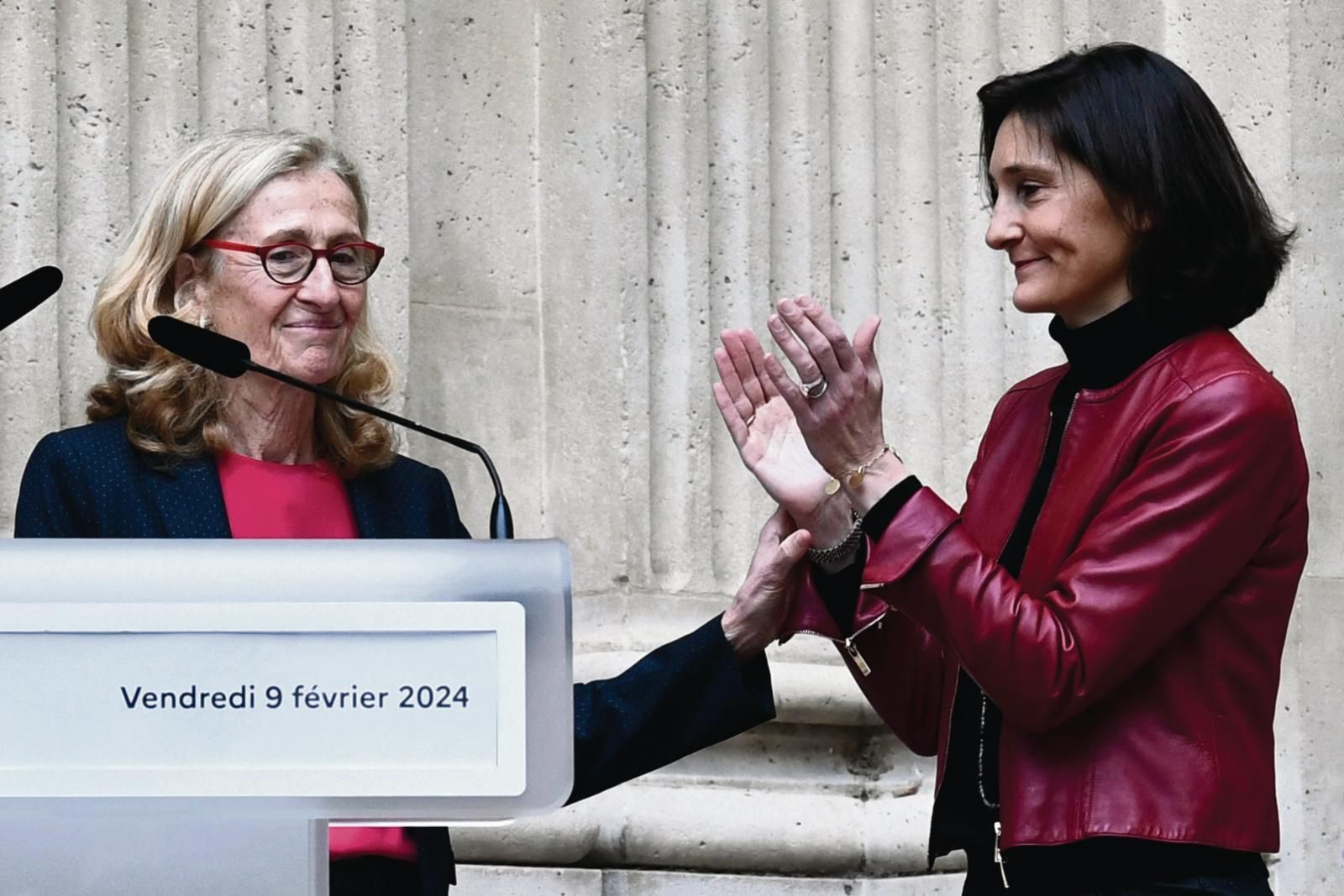In 2017, Nicole Belloubet took over as head of the Justice Ministry, succeeding François Bayrou, who was in legal trouble. What always amazed François Hollande: “You know that he took with him Nicole Belloubet, who had made every effort to enter my government, which I always refused.” It is very weak. » Today again, this time at the Ministry of National Education after the lightning visit from Amélie Oudéa-Castéra.
In the field of education, declared an “absolute priority” by the executive, Emmanuel Macron is once again playing the opposite role: he relies on a left-wing, technocratic and not very political woman. The 68-year-old woman, once shaken by her visit to Place Vendôme, had lost her luster there, especially during the Mila affair, where her statements about “insulting religion” and “violation of freedom of conscience” had caused a stir. He was also criticized for his role in the release of thousands of prisoners at the end of their sentences during the 2020 pandemic.
“It’s a real surprise, nobody expected it”
Since he had not been active in politics since his departure, his appointment to Rue de Grenelle surprised his friends and opponents alike. “It's a real surprise, nobody expected it,” admits a minister, pointing out that Nicole Belloubet has just taken over the presidency of the Council of Auction Houses, the auction regulator. “You can count on me,” she said in a Jan. 23 press release, beginning this new chapter with confidence.
Belloubet's profile as a former university professor and rector of the academies of Limoges and Toulouse seems perfectly suited to appease the teaching world. On the other hand, it is difficult to see its connection with Attal's more “right-wing” decisions: return to the basics of education, affirmation of teaching competence, level groups in middle school, experiments with school uniforms.
In 2016, she supported the opposite: she joined Najat Vallaud-Belkacem's higher education reform, around the impressionistic concept of “project pedagogy”. In an article that same year, she clearly expressed her rejection of traditional ideas about the restoration of authority and the obligation to wear a gown, and emphasized the need to move beyond the lecture model. She advocated for autonomy and valuing the right to make mistakes in the learning process. She undoubtedly agreed to completely revise her copy, at the risk of leaving Education in an advanced state of decay.

